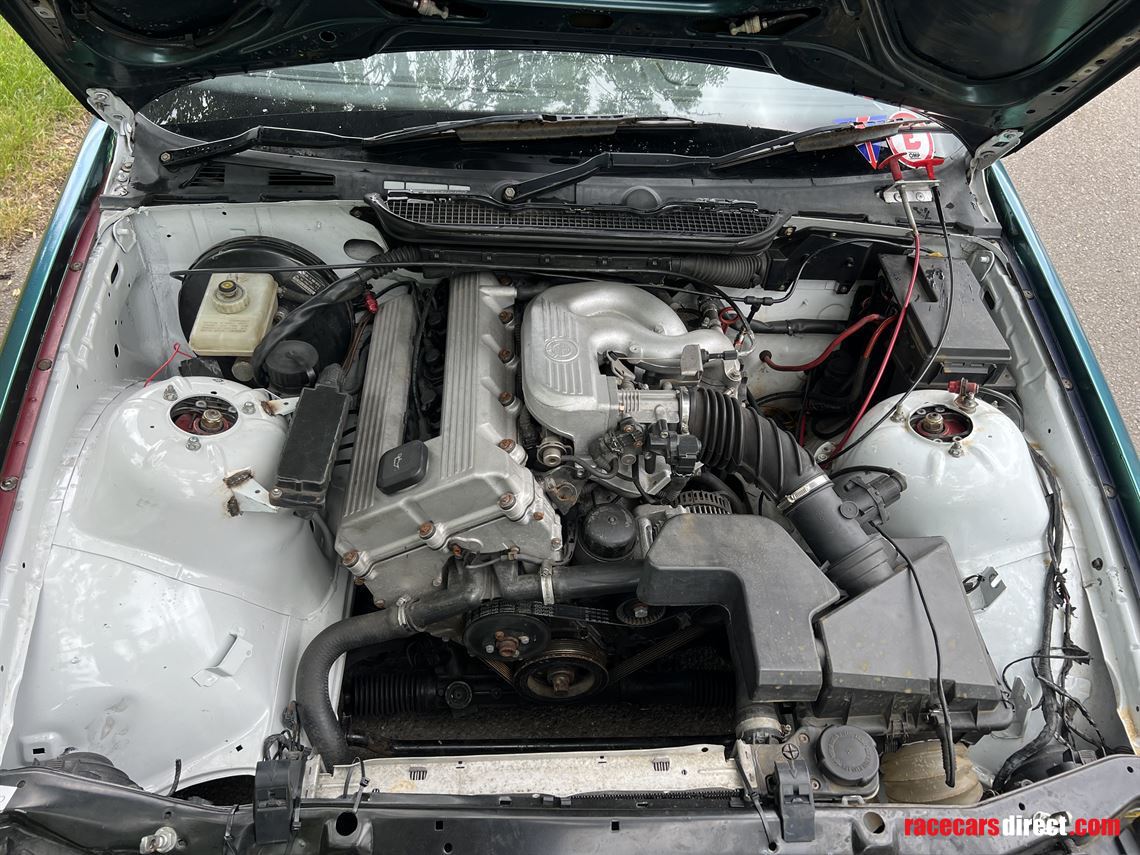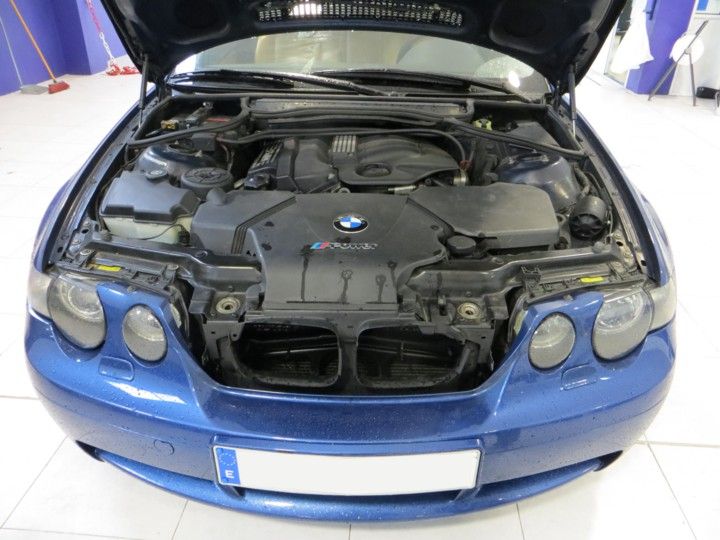Secret Attributes to Try To Find When Acquiring an Engine for Automotive Applications
When taking into consideration the acquisition of an engine for automotive applications, a number of key attributes require mindful examination to guarantee ideal efficiency and performance. From power and efficiency capabilities to sustain adherence, performance, and resilience to discharges criteria, each element plays a critical duty in establishing the engine's viability for particular auto needs.
Power and Performance
When picking an automotive engine, buyers focus on power and efficiency to guarantee optimum driving experience and effectiveness. A well-performing engine not just supplies power efficiently but likewise operates smoothly across various speed ranges and driving conditions.
Purchasers usually take into consideration the engine's torque outcome alongside its power score. Torque, gauged in pound-feet (lb-ft) or Newton-meters (Nm), mirrors the engine's rotational force, influencing the vehicle's capability to tow, climb slopes, and speed up from dead stop. A balance between power and torque is crucial for attaining a responsive and flexible driving experience. Additionally, elements such as engine turbocharging, displacement, and hybrid innovations play considerable roles in boosting both power and efficiency levels. Inevitably, choosing an engine that provides a potent mix of power and efficiency makes sure a reliable and satisfying driving experience. bmw 318ti.
Gas Efficiency
Optimizing gas efficiency is an extremely important factor to consider for consumers when evaluating automobile engine choices. Modern engines with features like direct fuel injection, turbocharging, and variable shutoff timing can dramatically improve gas performance by enhancing burning processes and minimizing power loss.

Toughness and Integrity
Achieving long-lasting performance and reputable operation is essential for consumers examining the toughness and dependability of automobile engines. When considering an engine for vehicle applications, durability refers to the engine's capability to hold up against wear, stress and anxiety, and rough operating problems over a prolonged period. Dependability, on the other hand, indicates that the engine can constantly perform its designated feature without unanticipated break downs or failures.
Consumers need to search for engines constructed with high-quality materials and accurate engineering to ensure longevity. Components such as crankshafts, bearings, and pistons should be long lasting to deal with the engine's power result without early wear. In addition, engines equipped with sophisticated cooling systems, reliable lubrication, and robust filtration mechanisms tend to show greater degrees of dependability.
Regular maintenance and adherence to supplier suggestions are also crucial aspects in preserving an engine's longevity and dependability. click site By adhering to upkeep routines, utilizing suggested fluids, and attending to any kind of issues immediately, customers can make best use of the lifespan and performance of their vehicle engines. Ultimately, focusing on toughness and dependability in engine selection can bring about a more enjoyable ownership experience with fewer unexpected disturbances.
Emissions Conformity
Ensuring compliance with discharges regulations is an important aspect of evaluating automotive engines for environmentally conscious customers. With raising problems about air high quality and ecological influence, stringent discharges standards have actually been established worldwide to minimize unsafe contaminants released right into the atmosphere. When buying an engine for vehicle applications, it is important to consider its emissions compliance to minimize the carbon footprint and stick to click here for more info lawful demands.
Modern engines are furnished with innovative exhaust control technologies such as catalytic converters, exhaust gas recirculation (EGR) systems, and discerning catalytic decrease (SCR) to decrease harmful exhaust gases like nitrogen oxides (NOx), carbon monoxide (CARBON MONOXIDE), and hydrocarbons (HC) These systems play an essential role in guaranteeing that the engine meets the defined discharges criteria and runs within permissible limitations.

Cost-effectiveness
When considering vehicle engine purchases, assessing cost-effectiveness is paramount for customers looking for both efficiency and worth. Cost-effectiveness in engine procurement entails greater than simply the preliminary purchase price. It encompasses the general costs associated with maintenance, gas consumption, and possible repair services over the engine's life expectancy. Deciding for an engine that uses an equilibrium between ahead of time expenses and long-lasting financial savings can cause substantial benefits for the customer.
Engines that are designed to optimize fuel economic situation can lead to significant cost savings over time, particularly for people who drive regularly or over lengthy distances. bmw 318ti. In addition, thinking about the schedule and price of spare components and maintenance can contribute to the overall cost-effectiveness of an engine.

Final Thought
To conclude, when purchasing an engine for automobile applications, it is vital to think about crucial functions such as power and efficiency, gas durability, dependability and performance, emissions compliance, and cost-effectiveness. These aspects are vital in making sure that the engine meets the requirements of the lorry and operates successfully in different driving conditions - bmw 318ti. Making an educated choice based on these criteria will ultimately result in a successful and efficient vehicle engine acquisition
From power and efficiency capabilities to sustain adherence, sturdiness, and performance to discharges criteria, each facet plays a critical role in establishing the engine's viability for details automotive demands. Engines created to run on alternative gas such as electric power, crossbreed systems, or biofuels can supply better gas economic climate and lower exhausts contrasted to typical gasoline or diesel engines. Consumers ought to very carefully think about the gas effectiveness rankings and modern technologies incorporated right into vehicle engines to make enlightened buying decisions that align with their priorities for expense savings and sustainability.
When taking into consideration an engine for vehicle applications, resilience refers to the engine's capability to hold up against wear, tension, and severe operating problems over a prolonged period.In final thought, when purchasing an engine for automotive applications, it is important to take into consideration vital features such as power and performance, gas reliability, toughness and effectiveness, emissions conformity, and cost-effectiveness.